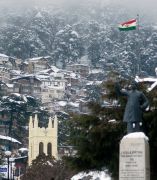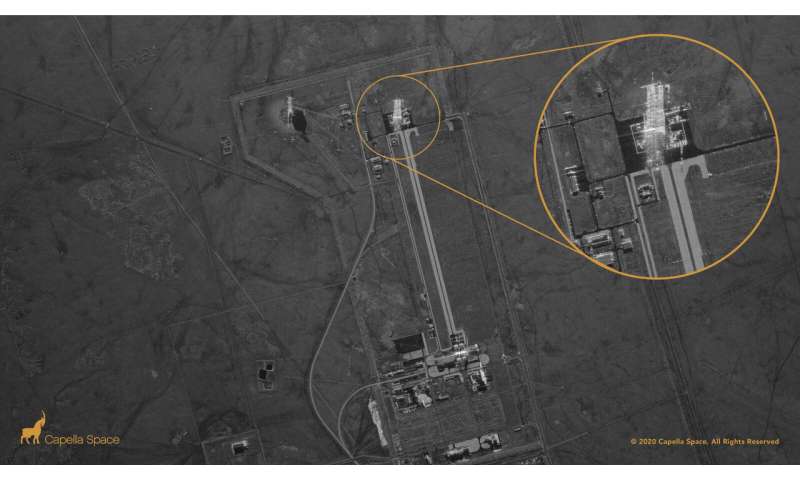| Manu | Date: Sunday, 20-December-2020, 10:14 AM | Message # 1 |

--dragon lord--
Group: undead
Messages: 13927
Status: Offline
| Satellite uses SAR imagery to capture world's sharpest images
by Peter Grad , Tech Xplore

A satellite carrying a camera that is so powerful it can capture an image of virtually any object on Earth with crystal-clear resolution is now offering its services to the public.
The Capella-2 satellite, developed by San Francisco-based Capella Space, uses synthetic aperture radar (SAR) technology to obtain super-sharp photos for use by military, environmental, energy and law enforcement sources. Even regular folks can sign up online to have a photo taken of any spot on the planet (provided they first obtain clearance from the U.S. International Traffic in Arms Regulations).
With a capacity to identify objects as small as 50 cm x 50 cm (roughly 20 inches x 20 inches), Capella's breakthrough technology makes it the highest-resolution satellite camera in the world. It exceeds the resolutions of its nearest competition—there are few competitors in the field of SAR photography—which can identify only those objects no smaller than about five meters, or just under 200 inches.
One way Capella differs from all competition using SAR and regular optical photographic processing is that images can be captured day or night, and regardless of weather conditions.
"It turns out that half of the world is in nighttime, and half of the world, on average, is cloudy," said CEO Payam Banazadeh, a former system engineer at the NASA Jet Propulsion Laboratory. "When you combine those two together, about 75 percent of Earth, at any given time, is going to be cloudy, nighttime, or it's going to be both."

Read more/full article/source - https://techxplore.com/news....ld.html
|
| |
| |















